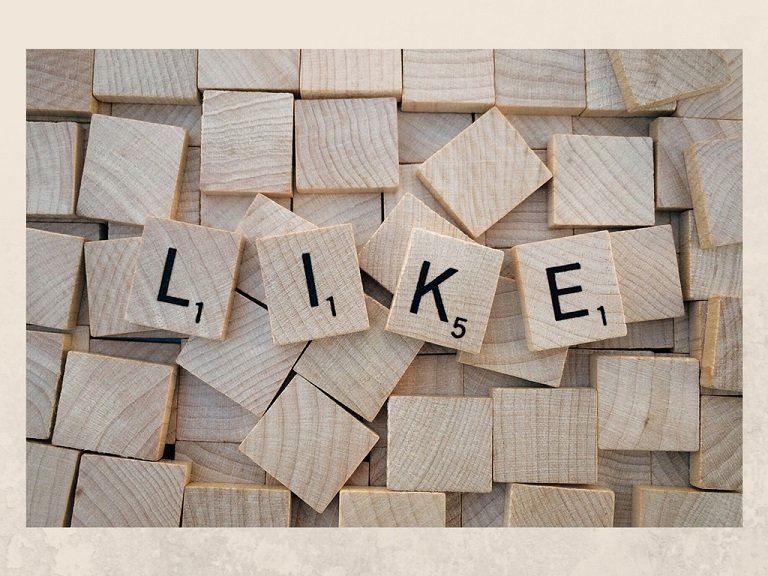By Adaeze Ekwueme
Imagine posting a picture on your Instagram, Twitter and Facebook Page, then after posting, you stare at your phone for hours waiting for engagement and likes. To your disappointment the post gets little or no engagement.
This often leads to mild depression; you begin to question yourself. In the hunger for social validation, you start getting depressed and anxious.
In this day and age of inordinate social media influence, it is easy to conflate ‘Likes & Engagement’ for social validation and identity affirmation. This, in my opinion, is one of the major causes of depression amongst youths.
It is becoming increasingly obvious that instead of having meaningful interactions, fun memories, and trust built over time, youths measure their self worth based on likes, hearts, comments, shares, views, followers and all other forms of social media validation.

In its traditional definition, social media validation is a psychological phenomenon where one or more passive individuals follow or conform to the actions of others within a group. Sadly our youths are deeply affected by this ether based illness; I choose to call it the ‘Online Disease’.
Why do I call it the Online Disease? Seeking validation online would mostly yield negative self assessment. Psychologically, an individual feels socially loved and validated when their posts gets engagements (Likes et al). In the process, most of our youths tend to loose their personal Identities. They lose their identity when the desire to be acknowledged, liked and loved by everyone becomes a reason for personal affirmation.
How does social media validation affect mental health? One becomes needlessly anxious over the thought of missing out on whatever is happening on online social media space. This can become debilitating to the point where one becomes mentally overwhelmed and exhausted. The inevitable result of such an unhealthy disposition is depression. The obsession becomes toxic and detrimental to the individual.

This need for validation is a reality for many college students as, according to Pew Research Center, those between the ages of 19 and 29 are the top social media users. In another article by The Conversation, it was reported that 1 in 5 college students have anxiety or depression, as a result of excessive use of social media.
Another aspect is the misplaced and immature desire to live the glamorous life on social media whilst one forgets that social media platforms actually create unrealistic social expectations on how one should be living their life. This is the burden of seeking social media validation. It is an dangerous as hard drugs.
When one finds comfort in this sort of false reality, it begins to distract us from from the real world. Wether it is ignoring your friends, procrastinating reading for an exam or indulging in otherwise more productive and life affirming activities.
I am inclined to ask ‘How long’? How long will one keep seeking the validation of people who don’t know you, don’t care about you or are even social media alter egos? Premium tears await!
Yes, if correctly and properly deployed, social media has beneficial rewards. Social media allows us to share and connect with others, it’s easier to find out when campus events are going on and to network with fellow students or potential employers. It can also be a place that provides peer support and allows us to find others with struggles similar to ours. However, in spite of positives, we should also not forget that when abused, the effects can be mentally unsettling.
Youths need to accept that sometimes ones personality, character, thoughts, and behaviors will not always be popular. It is important to pursue a positive self image and avoid situations which may expose one low self-esteem or a poor sense of the self; we should all protect ourselves from social Anxiety and depression.
What do I advise? Limit how regular checks on our phones and social media platforms. This has to be an intentional commitment. Try setting a couple of hours in a day aside for personal introspection, information enrichment and self development. In my opinion, such self-discipline would help develop a consciousness about the proper place social media should play and thus avoid the toxicity of over exposure.
Youths should be more concerned about is their self development and personal Growth, personal business branding and self validation. Youths should also try to focus a bit more on direct, in person interactions. Relationships are the life blood of every society, the more direct and real our relationships are, the greater value we can get from life.
Above all, youths must remember that after all the banter, likes and engagements, their true value is resident in what they bring to the table in terms of competence, application and drive. Life is hard enough as it is and the youth stage of life is rife with a lot of challenges, one should add to the obstacles of an already challenging situation. A healthy mental state makes for a successful life.
Adaeze Ekwueme writes on life affirming articles on contemporary concerns of the youth. She lives in Lagos










